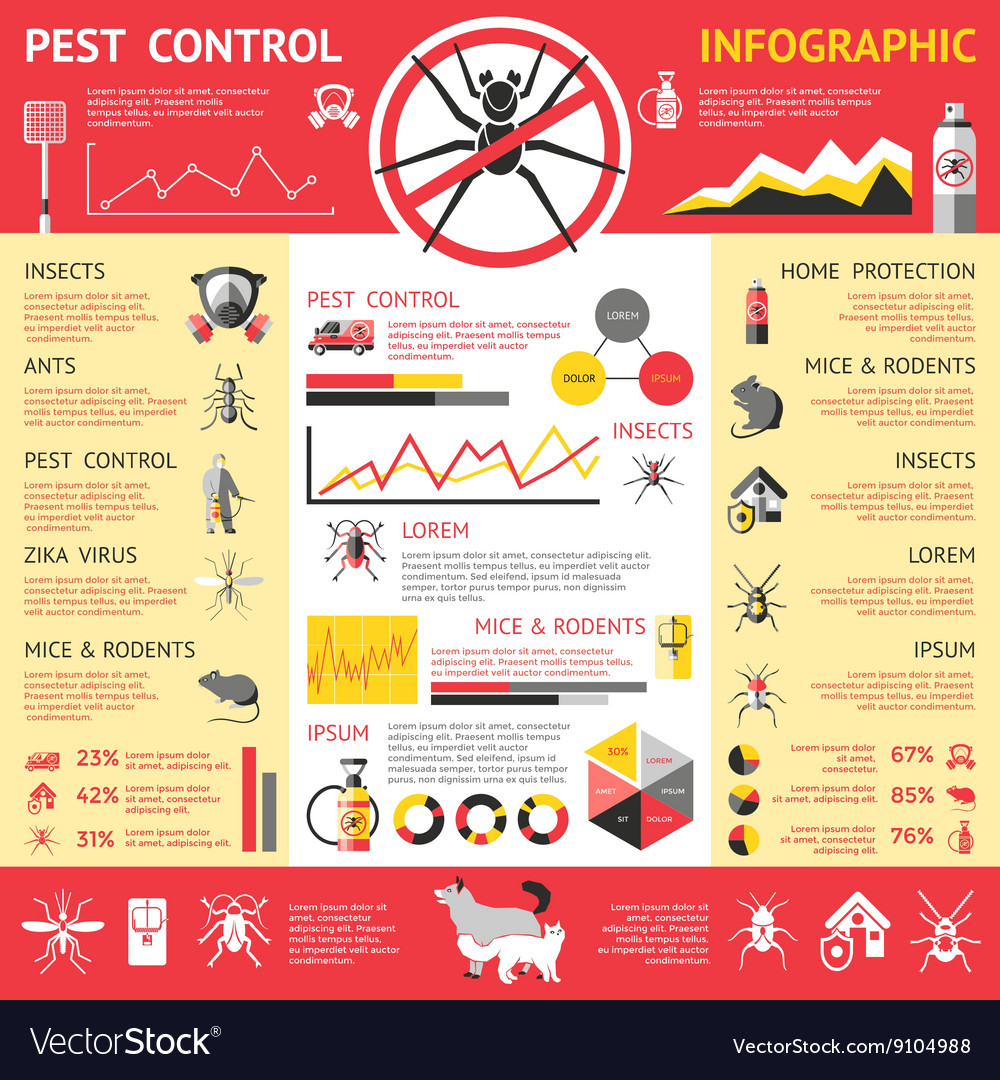Tips For Homeowners: How To Keep Rodents Out Of Your Attic
Tips For Homeowners: How To Keep Rodents Out Of Your Attic
Blog Article
Write-Up Writer-Ellegaard Garza
Picture your attic as a comfortable Airbnb for rodents, with insulation as fluffy as hotel pillows and circuitry more enticing than area service. Now, imagine these undesirable visitors throwing a wild event in your house while you're away. As a property owner, ensuring your attic is rodent-proof is not almost comfort; it's about protecting your property and loved ones. So, what easy actions can you take to secure your shelter from these hairy trespassers?
Examine for Access Details
To start rodent-proofing your attic, evaluate for entrance points. Begin by very carefully taking a look at the exterior of your home, looking for any type of openings that rodents might utilize to gain access to your attic. Look for gaps around energy lines, vents, and pipelines, as well as any cracks or holes in the structure or exterior siding. See to visit the next web site to pay close attention to locations where different building materials satisfy, as these are common entrance points for rodents.
In addition, check the roof for any harmed or missing out on tiles, along with any type of gaps around the edges where rats can squeeze with. Inside the attic room, search for signs of existing rodent task such as droppings, ate cords, or nesting materials. Use a flashlight to thoroughly inspect dark edges and concealed areas.
Seal Cracks and Gaps
Check your attic thoroughly for any cracks and gaps that need to be sealed to prevent rats from going into. Rodents can press with even the smallest openings, so it's vital to secure any potential entrance factors. Examine around pipes, vents, cable televisions, and where the walls fulfill the roofing. Use a mix of steel woollen and caulking to seal off these openings successfully. Steel wool is an excellent deterrent as rats can't chew with it. Ensure that all gaps are firmly secured to deny access to unwanted insects.
Don't neglect the importance of securing voids around doors and windows also. Use weather stripping or door moves to secure these areas successfully. Examine the locations where utility lines go into the attic and secure them off utilizing an appropriate sealant. By putting in the time to secure all splits and spaces in your attic, you create a barrier that rats will certainly discover tough to breach. Prevention is type in rodent-proofing your attic room, so be detailed in your initiatives to seal off any kind of prospective entry factors.
Eliminate Food Sources
Take positive actions to eliminate or store all prospective food resources in your attic to prevent rodents from infesting the space. termite remediation cost are brought in to food, so removing their food sources is critical in maintaining them out of your attic.
Here's what you can do:
1. ** Store food firmly **: Stay clear of leaving any food things in the attic. Store all food in impermeable containers made from metal or sturdy plastic to stop rats from accessing them.
2. ** Clean up debris **: Get rid of any type of heaps of particles, such as old newspapers, cardboard boxes, or timber scraps, that rodents could make use of as nesting product or food sources. Maintain the attic room clutter-free to make it much less enticing to rats.
3. ** Dispose of waste properly **: If you utilize your attic for storage space and have trash or waste up there, ensure to take care of it consistently and correctly. Rotting trash bin draw in rats, so maintain the attic room tidy and without any type of organic waste.
Conclusion
Finally, remember that an ounce of prevention deserves a pound of treatment when it pertains to rodent-proofing your attic room.
By making the effort to check for access points, seal fractures and spaces, and remove food resources, you can keep unwanted parasites at bay.
Remember, 'An ounce of prevention is worth a pound of cure' - Benjamin Franklin.
Stay aggressive and protect your home from rodent infestations.
